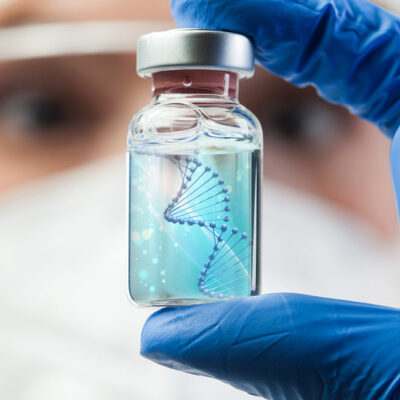
Common health complications and signs of excessive sugar consumption
Sugar has become a pervasive part of the modern diet. From sugary beverages to processed snacks and desserts, even seemingly healthy breakfast cereals and yogurt contain large amounts of added sugar. The average person’s sugar intake has surged because of this. There are a plethora of health issues that result from high sugar consumption and there are identifiable telltale signs of this. Here are a few important ones. Health issues caused by excessive sugar intake Type 2 Diabetes Elevated sugar consumption may contribute to the development of type 2 diabetes. The body responds to this sugar intake by releasing insulin to help transport sugar into cells for energy. Fatty liver disease Excessive sugar intake could lead to fatty liver disease, where the liver accumulates fat, potentially progressing to more severe liver conditions if left unaddressed. Erectile dysfunction Excessive sugar intake may contribute to impotence (erectile dysfunction) by damaging blood vessels and reducing blood flow. Weakened immune system High sugar consumption can suppress the immune system’s function, making one more susceptible to infections and illnesses. Heart Disease High sugar intake is associated with increased levels of triglycerides and LDL cholesterol, both known risk factors for heart disease. This could lead to atherosclerosis, a condition in which arteries narrow and harden, raising the risk of heart attacks and strokes.
Read More 





